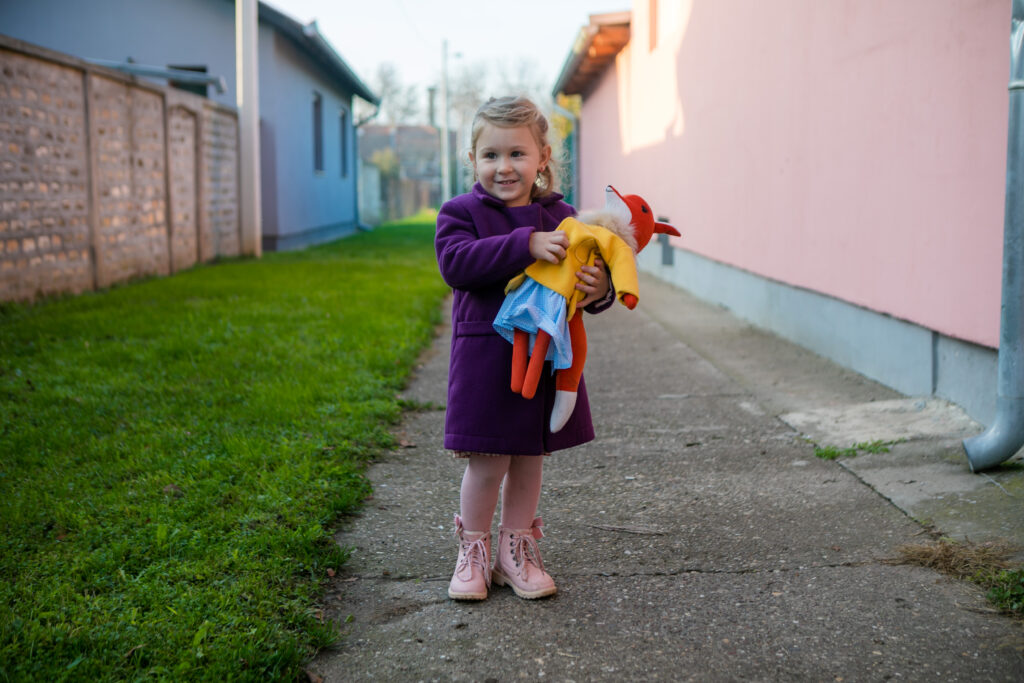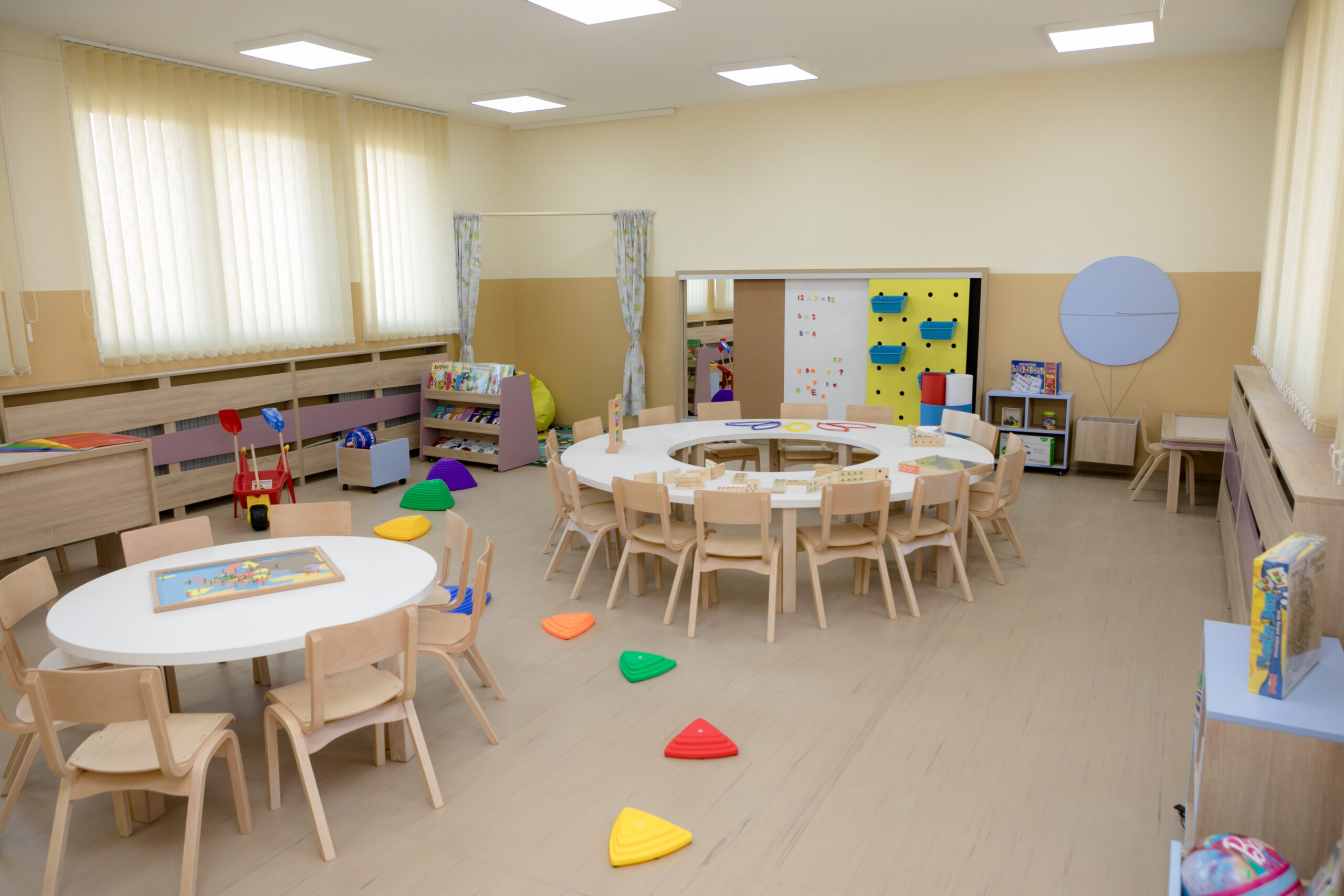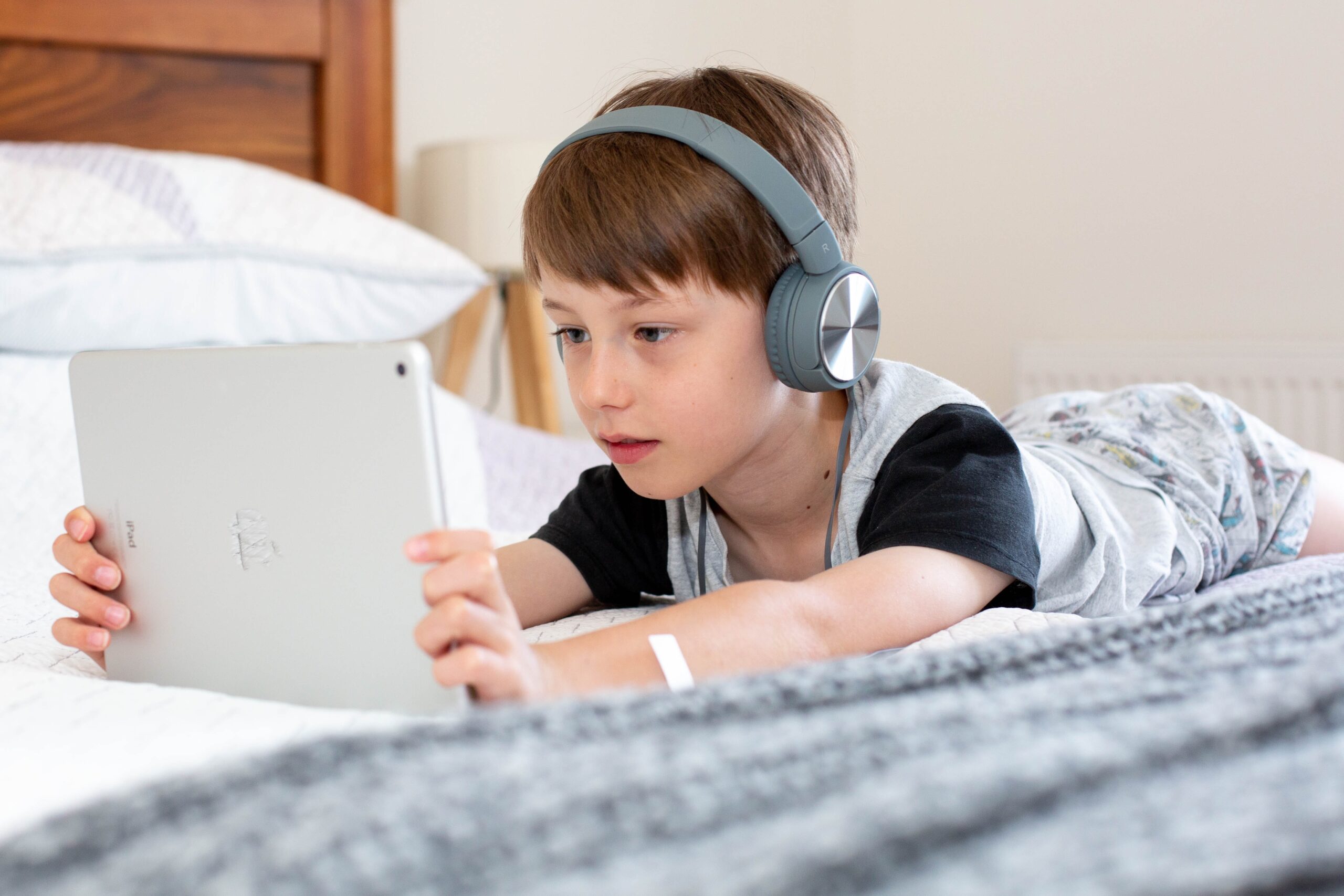We’ve stressed many times before how much sleep is important for a child. It boosts its immune system and brain development. However, due to the current global quarantine situation, many families are struggling to maintain their child’s sleep routine. Children don’t have many outdoor activities like before and they can sense parent’s stress because of the Coronavirus outbreak – which can all affect the quality of their sleep.
[dropcap]T[/dropcap]hat’s why our global director and co-founder, Jelena Djokovic, decided to organize a live chat on her Instagram profile with the pediatric sleep consultant Kelly Geoghegan. They’ve talked about the most effective techniques for maintaining a sleep routine for your child and answered many of the followers’ questions. If you didn’t get a chance to catch the live chat – don’t worry! We’ve written down our 6 key takeaways just for you.
1. Every child is different, and so is his/her sleep routine
What works for one family, will not necessarily work for the other. Some parents have problems with maintaining sleeping routines at different stages. Some have problems right from the start, some have problems at 8 months, some are all good up until 18 months when their child all of sudden requires more attention when he goes to sleep.
The sleeping routine for your child should be realistic for your family.
Figure out what works for your child and your family and slowly guide him/her towards that. Do not criticize yourself for not being able to prepare a bath for your child at 5:30 pm, if you know that there is no way you can get home from work at that time.
2. The sleep routine won’t work if the day is not complementary to the night
In general, the morning nap drops away somewhere between 13 and 15 months. However, continue to allocate some quiet time instead of a nap. The quite time is different for every child. Some will want to read a couple of stories, listen to songs, cuddle or just have some time outside in a stroller. Whatever it is, it shouldn’t be something over-stimulating.
The afternoon nap is very important and complementary to the night routine. Is usually stays until your child is 3 years old, or even 3 and a half.

The sleep routine for your child should be realistic for your family.
3. Introduce small changes and be persistent
You shouldn’t “sleep train” your child unless it is very reliable to sleep aids (sucker, parent’s comfort, rocking, etc.) If you as parents do not see dealing with that every night for the long term than you should think about establishing a little sleeping routine.
It takes 7 to 10 days for establishing a new routine.
If you consistently apply some changes, you can turn your child’s sleeping routine at that time. Note that you cannot take a primary source of comfort from a child, and not give something different instead. For example, if one parent goes back to work, and a child misses that source of comfort, try giving him a secondary source (for example a blanket, sucker or a teddy). Only then you can proceed with “sleep training“.
4. Lay everything ahead
Check everything off the list before going to bed, so you wouldn’t hear “Mom! Dad!” at 4 am. Cover the food and the water, finish everything at the bathroom and try to communicate with your child that his tummy is full, he had his water and that he has no reason to ask for those things a couple of times during the night.
Also, try telling for example: „ I’ll read your 2 stories, we’ll have our cuddles and then we’re all going to sleep.“ If the child asks for more afterward, try saying no a couple of nights and eventually the child will get comfortable with the routine.

The child should know that both parents are on the same page. Then he will not get easily confused, and he will stick to the sleep routine much better.
5. Prepare the sleeping environment
The room where the child sleeps shouldn’t be overstimulating. Lower the lights and put away the toys and everything else that could be tempting to your child’s curiosity. Also start lowering the lights before putting your child to sleep, so you wouldn’t delay the release of melatonin. Lower the lights in the bathroom while you’re giving him the bath, and turn off the TV and put away the mobile phone.
6. No good cop-bad cop
The child should know that both parents are on the same page. Then he will not get easily confused, and he will stick to the sleep routine much better. Parents also often ask themselves, are they selfish if they want to get some sleep themselves? The answer is no! You are a much better parent if you had more sleep, and the child will get more quality time with you if you’re not tired and more present.












